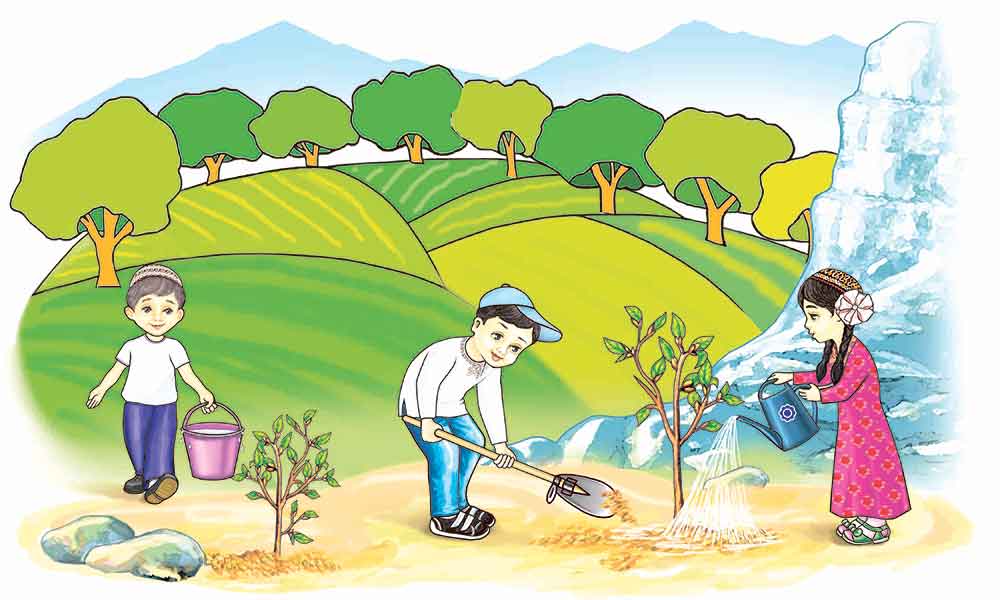Nature is a unique space for the physical, mental, and emotional development of children. In the modern era of urbanization and technological progress, there is a growing threat of children becoming distanced from nature. However, children who have a close connection with nature are not only healthy but also grow up to be generations that care about the environment.
The Impact of Nature on Children’s Development
- Physical Education and Health: Playing outdoors encourages children to lead an active lifestyle. Nature offers unlimited opportunities for physical activities such as running, jumping, and climbing trees. These activities help develop children’s muscles. Additionally, fresh air and sunlight strengthen their immune systems.
- Intellectual Development: Nature enhances children’s creative abilities. Instead of the limited world of screens, playing outdoors provides them with opportunities to broaden their horizons. For example, a tree can become a castle, and a branch can become a sword. This develops their problem-solving skills.
- Emotional Balance: Spending time in nature reduces children’s stress and ensures emotional balance. Nature has a calming effect. Children find inner peace by listening to the birds singing or the sound of a waterfall.
Children’s connection with nature is important not only for their personal development but also for increasing their awareness of the environment. A child who loves nature grows up with a concern for protecting the environment. They become more sensitive to important issues such as tree conservation and water conservation.
Nature is a unique teacher for children. It gives them the freedom to learn, explore, and imagine. If we want our children, our future, to be healthy and responsible individuals for the environment, we must strengthen their connection with nature. A generation that knows and loves nature will make the world a more comfortable and wonderful place to live.
Mahym TAGANOWA
Teacher at Specialized Secondary School
No. 78 Ashgabat








